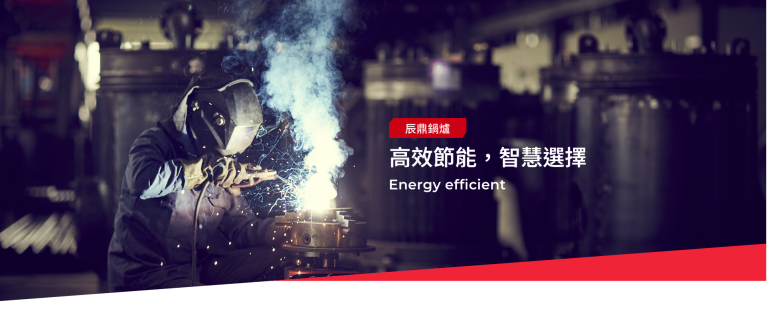Piping system design and installation: a key task for the boiler piping engineering department
To ensure the safe operation and efficiency of your boiler, professional piping engineering services are a key element. Boiler piping engineering departments must take both efficiency and safety into consideration when designing and installing piping systems. These piping systems need to ensure the efficient transmission of generated heat or steam between the boiler and the equipment being used, while also ensuring that the pressure and temperature of the system are within a controllable and safe range. In addition, since the efficiency and longevity of the boiler largely depend on the quality of the piping system, technicians within the department need to select suitable materials and carefully design the system to meet various operating conditions.
Boiler piping engineering
Mainly include the following aspects:
1.Equipment design and planning
Design the layout and structure of the boiler piping system based on site and process requirements. This includes determining pipe sizes, materials and connections, as well as calculating relevant parameters such as flow, pressure loss and heat transfer.
2.Piping material selection
According to the working conditions and medium characteristics, select suitable pipe materials, such as black iron, white iron, copper, galvanized and plastic materials. At the same time, it is also necessary to select appropriate piping accessories, such as flanges, elbows, tees, and lugs.

3.Installation and construction
Perform installation and construction work on boiler piping systems. This includes cutting and processing pipes, performing operations such as welding, threading or pressure fittings, and ensuring that all connection points are tight and secure.
4.Testing and Debugging
After installation is complete, testing and commissioning are performed to verify the performance and safety of the boiler piping system. This includes operations such as pressure testing, leak detection and flow measurement to ensure the system is functioning properly and compliant with relevant codes and standards.
5.Maintenance and maintenance
Regularly inspect and maintain boiler piping systems to ensure their operational reliability and efficiency. This includes cleaning and descaling pipes, replacing damaged parts, inspecting valves and control systems, etc.
Boiler piping engineering requires experienced technical personnel to operate, and every master of Chending Boiler has relevant professional knowledge and skills. When performing boiler piping projects, piping technicians need to ensure that the design, installation and operation of all piping systems comply with relevant safety regulations and standards, and complete the construction with the highest efficiency to allow customers to use boiler equipment smoothly.

